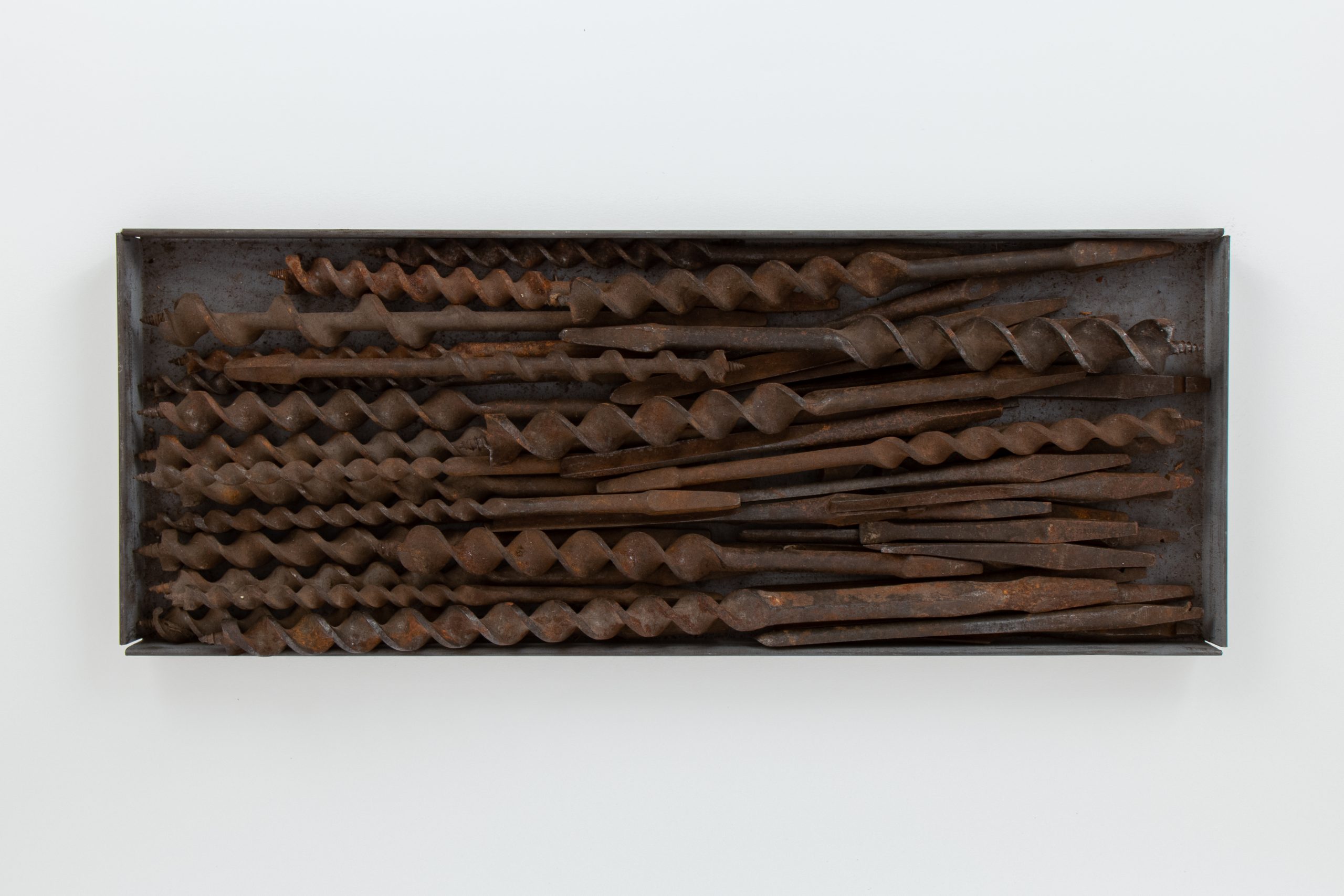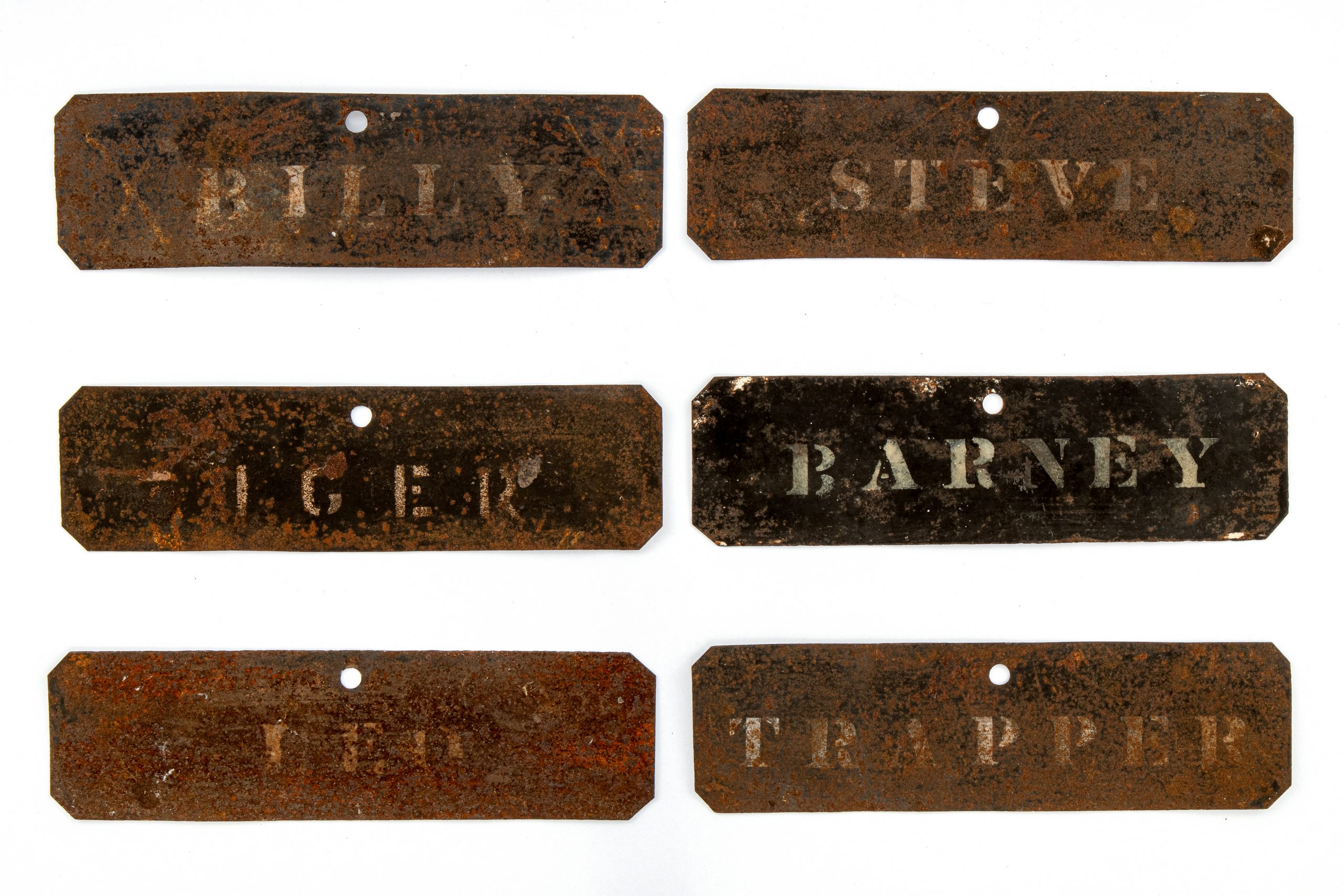Industry Connections
Carpentry in the City of Coal
At this point, the history of Newcastle, located on Awabakal and Worimi country, is enmeshed with coal mining – but this was not always the case.
Though these twentieth-century drills bits may have seen use in one of the many coal mines in the region, they are actually typical of those used for woodworking or carpentry. This is indicated by the ‘snail’ (small threaded point) on the tip of each bit whose purpose is to keep it in place when drilling commences. The large spirals of the main drill bit also guide wood shavings out of the drill hole.
In the early 1800s, Newcastle began as a small penal settlement. As such, small groups of convicts were being used to identify and recover potential resources. In the early days, lime burning, salt making, charcoal production, smelting, and shipbuilding were all being carried out and considered good options.
Though some convicts were mining, it was not immediately prioritised as productivity was limited by the scarcity of trained miners. Back in England, valuable workers, particularly miners, were less likely to be convicted with transportation to Australia so their skills could be retained.
Instead, Newcastle’s principal industry (arguably after gaoling itself) was timber. Wood burning and carpentry were in high demand during early settlement. As such, the region’s cedar wood became a hot commodity and, luckily, this was a more viable option for convict labour.
In the mid-late 1800s, coal burning became more vital as colonial population size grew. It was in this time that mining began to take root as Newcastle’s most valuable industry. In saying that, Newcastle’s competing industries did not disappear and continued developing to this day.





